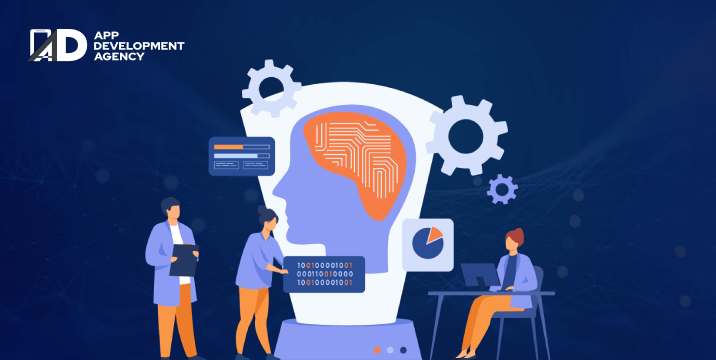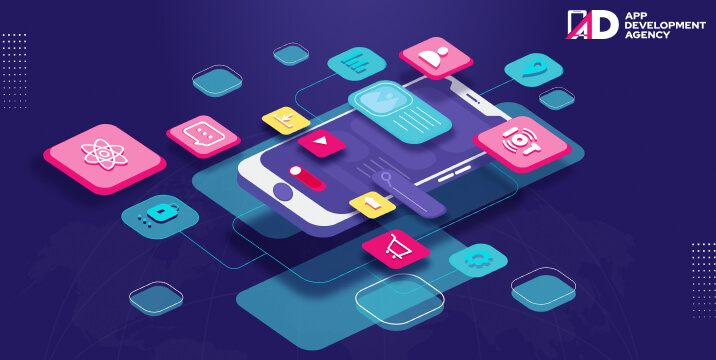Is the glamour of this technology trapping investors into recognizing "this time it is different"? Take on Blockchain Programming Languages to infuse life into the Crypto conundrum!
Blockchain-led Crypto-currencies are booming in value and as a topic of debate. This decentralized technology seems impressive and has many applications. It partly grew as a reaction to the excess liquidity created by central banks after the global financial crisis – much like people holding gold as they expect inflation. It was also an expression of being free from possible government manipulation.
But the idea of free banking or empty investing has always been error-prone. Crypto-currencies are not backed by any sovereign, its value fluctuates in an unrestrained manner; Many crypto-currencies have erupted out of innovation, these come with different attributes and functions, and are not limited in supply anymore. But still, even if stable coins are linked to dollars, their backing is non-transparent and falls short of government standards.
India has government and regulator-led innovations in the payment space, and skilled innovators have been researching it. Already, cheap payments are driving many innovations.
The first-ever implementation of Blockchain was in C++. It is preferred due to its ability to move semantics, primitive control over memory, advanced multi-threading, function overloading, runtime polymorphism.
Python is object-oriented, which creates many performance-related overheads. It has – (1) open-source support, (2) libraries, (3) plugins, (4) resources, (5) simple syntax that makes it ideal for Blockchain.
The Staticity of Java makes it ideal for maintaining code post-deployment. It enables code portability, flexibility with JVM. Numerous versatile Java libraries offer a pluggable architecture.
It has JavaScript architecture, static writing, self-enforcing business logic, sensible contracts that ensures sleek project development.
Vyper is a derivative of Python 3. Its syntax is also valid Python 3 syntax, even though it does not feature all Python’s features. It is an alternative to Solidity. Vyper is used for the Ethereum Virtual Machine (EVM), just like Solidity. It has different control structures than Solidity and it also handles security issues differently.
It is easy to code and can be effectively compiled. It is easier for C++ developers but can be difficult for JavaScript and Python developers. It has been used for creating many Blockchain projects like Hyperledger Fabric and Go-Ethereum.
C# is used to build applications that can work across many operating systems.
JavaScript takes care of the application frontend, pop-up, or push notifications in Blockchain applications.
Simplicity helps write smart contracts. It also reduces complex and low-level understanding of the Bitcoin Script.
Rholang enforces smart contracts. Rholang works with a functional approach, solving a problem in sequence. Developers use it to create smart contracts and other high-level Blockchain projects.
PHP can be used to build simple to complex Blockchain web and mobile applications. It is suitable due to enormous community support, open-source, and object-oriented features. It is dynamic and adaptable according to the developer’s needs, which makes it suitable to create a non-upgradeable smart contract. It assists in making you understand the consensus algorithm, forking an existing blockchain, forking a wallet, changing the consensus algorithm in your fork, setting up a test-net for that fork, and putting it online.
Go is best suitable for building fast and efficient Blockchain systems. It is the best language for creating hyper ledger fabric, which is a foundation for developing applications for Blockchain. It is statically typed and a compiled programming language.
Ruby allows developers to prototype their ideas utilizing open-source third-party APIs and plugins. It is a high-level language with object-oriented characteristics similar to Python, suitable for Blockchain app development.
RUST aims at providing the open-source capability to develop effective Blockchain systems. It is best suited for CPU-bound tasks. It as well features a functional approach which is imperative for Blockchain app development.
Structured Query Language (SQL) is a de-facto language for database development. It is effective for storing larger chunks of data, structuring it, and making it readable and presentable. This makes it suitable for creating secure and effective enterprise solutions in the Blockchain domain.
Cryptocurrencies may be called currencies, but are not suited to perform any functions of money. Their volatility makes them unsuitable as a medium of exchange. Its fickle behavior makes it unreliable as a store of value. If exchanges meet standards of governance, transparency, audit, cross-border transactions can be tracked, capping the capital control regime. All the pertaining laws must leave room for increasing future learning, and institution-building. But Cryptocurrencies are used for illicit financing and transferred intra and inter countries side-stepping capital controls.
Non-fungible tokens may prove durable, but they are not currency. As long as it is a niche and plays among a small set of informed investors – governments and central banks do not need to worry. But they have to be wary of ill-informed investors who are attracted by the possibility of quick money and ride intra-day volatility, or future appreciation. They have to stay protected due to wider financial stability repercussions, sharp fluctuations in value that can create spill-overs for the financial system. Domestic money may lose some value due to inflation but a crypto-currency can crash, wiping out wealth.
With the potential to affect the exchange rate, Blockchain Technology Companies offer many advantages in lower transaction costs, including ease of cross-border transactions. Follow us for more!

Healthcare industry is stepping up by the day with every new advancements in E-consultations, real-time diagnosis, telemedicine, AI enabled robot systems to do routine unskilled tasks, accessing digital therapeutics provided by immersion technology tools. Healthcare industry data flows from operations to analysis. It eventually has to abide by a structure to store critical information about …
Continue reading “How Does Healthcare Intersect with Cloud Computing in 2023?”
Read More
Instagram suggests reels based on what you’ve watched before, but how does it decide what to suggest? Using machine learning algorithms, Instagram determines which reels a user should engage with based on which reels they have interacted with previously and whether they have been in contact with the creators. Machine learning (ML) is the branch …
Read More
JavaScript frameworks like React, Angular, Vue, Svelte and JS templating engines like Template 7, Squirrelly, JSRender, Jade Language, Marko, Hogan, Webix, Pug, Underscore, Nunjucks, EJS, doT, Handlebars, and Mustache offer simple templates to give developers a starting point and let them go over that first bump of getting something, anything in the browser. Once that …
Continue reading “ReactJS for IoT Apps in 2023 and Beyond”
Read More